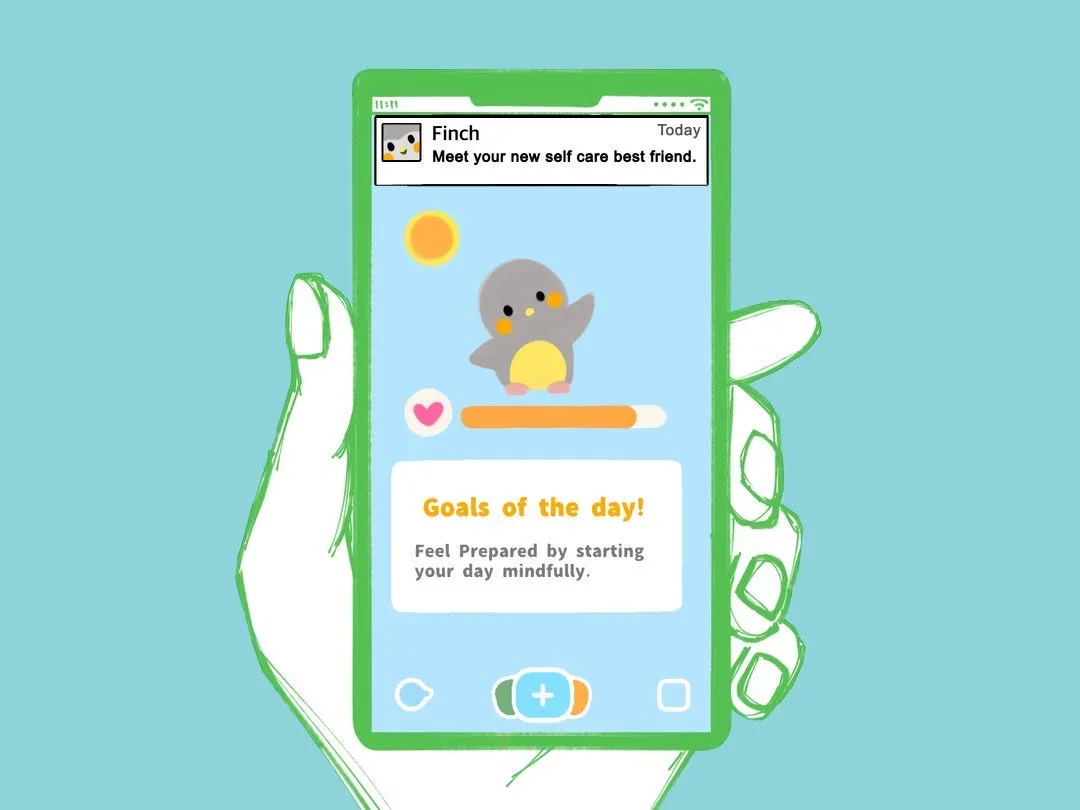
Self care
Living Alongside a first responder who has experienced a workplace injury—especially one affecting their mental health—can be emotionally and physically demanding. As a partner, friend, or supporter, it’s natural to focus on their needs, but your well-being is just as important. Prioritising self-care allows you to show up with strength and resilience, ensuring you have the energy and emotional capacity to provide support. It also ensures that you acknowledge YOU: your needs, your interests and you as a person before and beyond the role of carer and supporter of your loved one.
Tips for Self-care Practices and Activities
We know that while we might understand the importance of practising self-care, the reality is that when you are in the midst of supporting and caring for your family and loved one it is very difficult to take the first step. Here are some website and apps that might provide more information as well as give you the nudge you need to start your self care practises and rituals.
Calm app
Calm is the #1 mental health app designed to help you manage stress, sleep better, and live a happier, healthier life. Our research-based tools help you build life-changing habits to support your mental health. If you're having trouble falling asleep, our 500+ Sleep Stories®, soundscapes, and guided sleep meditations can lull you to sleep. If you're spiraling in negative thoughts and need immediate relief, our 60-second Breathe Bubble grounds you in the moment and helps your body return to a state of relaxation. If you're overwhelmed at work and need a breather, our stress and burnout specialists can guide you through exercises to help calm your mind.
Headspace: Guided Meditation
(Headspace Inc) Headspace will help you to learn to meditate and live mindfully. The guided meditations are tailored for specific situations, such as anxiety, focus, sleep or work.
Buddhify
Buddhify (Mindfulness Everywhere Ltd) Buddhify is designed for the busy modern lifestyle so it focuses on mobile or on-the-go meditation, which you can do wherever you are and whatever you’re doing. The selection of moods and types of meditation is also very extensive.
Breathwrk
Breathing exercises help you calm down by slowing and regulating your breathing, which lets your body and brain know that you are not in danger and it is safe to relax. You can use breathwork to tackle anxietyor help you prepare for sleep.4 I recommend aptly-named Breathwrk .
Finch app
Finch is a self-care app where you look after a digital pet bird ("Finch") by doing your own self-care tasks. As you complete simple routines—like drinking water, stretching, journaling, or taking a mindful pause—your Finch grows, explores, and rewards you.
Daylio App
The Daily App helps users build small, consistent acts of self-care into their routine—whether that’s reflection, rest, movement, or mindful moments. The app offers daily suggestions and prompts to encourage short, achievable habits that support mental balance and emotional resilience
Stoic app
Stoic offers morning and evening routines, guiding you to plan your day and reflect on your thoughts. It combines journaling, mood tracking, habit building, and cognitive-behavioural exercises to support emotional wellbeing.













